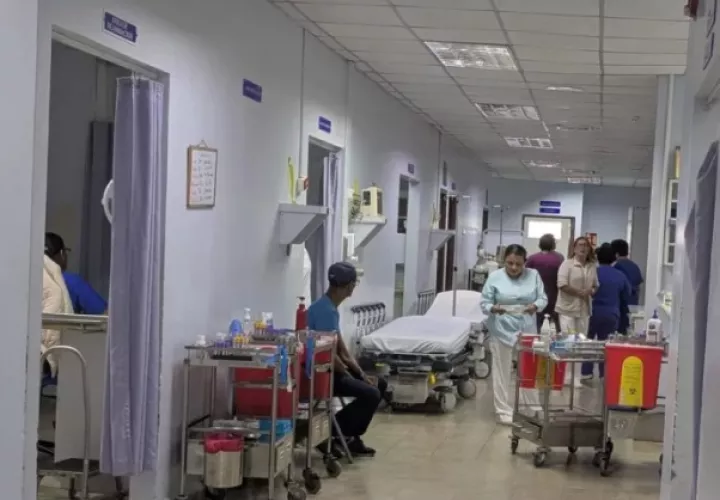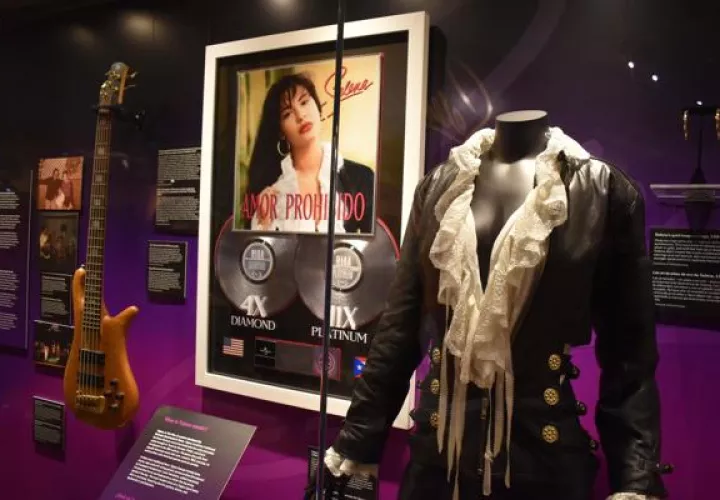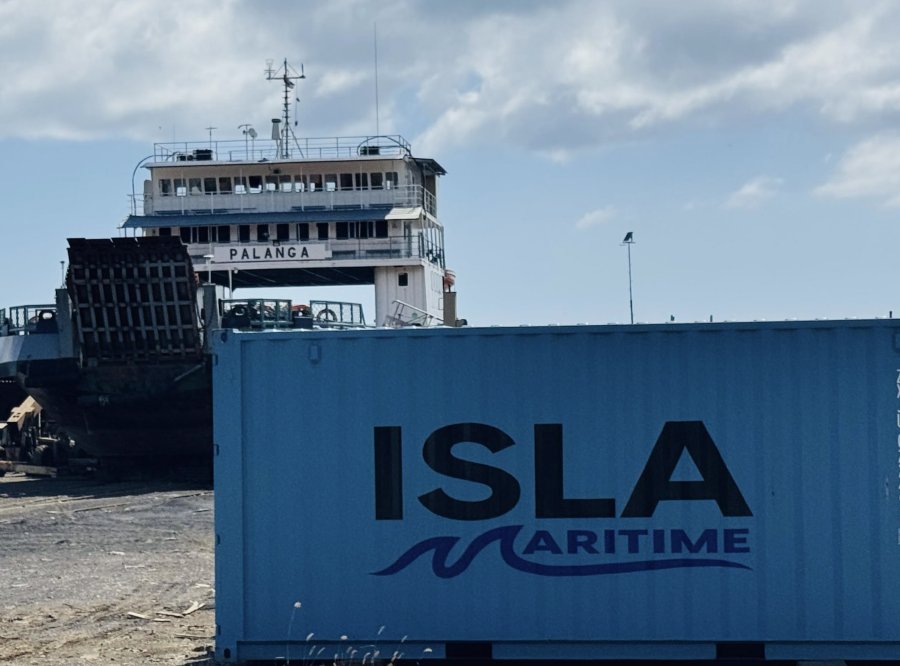Another man with keys to government contracts

Another name linked to the government, the Martinelli family and the man at the center of the Italian corruption and bribery scandal man has come under public scrutiny.
In a detailed investigation accompanied by a chart linking Rogelio Oruña and $424.5 million direct no bid contracts from the government, La Prensa revealed Friday, May 25:

IBT, an unknown company based in Miami and with large investments in the public sector of the Dominican Republic, was established in Panama two months after President Ricardo Martinelli took office.
Here, began multi million dollar IBT contracts, especially in the health sector, and, according to company president Jose Ramon Brea, much of the credit goes to a person in whom he has absolute confidence: Rogelio Oruña.
How did he do it? Perhaps part of the explanation is his job by Brea: "… he is a lobbyist that opens doors, but beyond that a partner: a person that we believe, we have confidence in him and he has done his job … ".
It is work that takes seriously Oruña takes seriously: In February, Oruña spoke to reporters about his role in IBT: "I can say I'm the president, I am the highest authority of the company in Panama," he said then.
Although he does not formally presideover any of the IBT group of companies, he behaves as such. Less than three months after IBT opened its doors, accompanied the children of President Martinelli, friends and members of the Panameñistas a private tour ( paid for by nobody knows who) flew off to watch the World Cup Final in South Africa.
Oruña began to have closer ties with the government early on. At his first cabinet meeting, in Pacora, the President promised to build in Las Garzas the first Primary Care Center of Innovative Health (MoH-Capsi). On September 18, 2009, the Cabinet gave to Design Build & Engineering Panama Inc., a -$3.6 million direct contract to build the center to a company belonging to Oruña. Two years later, in June 2011 – the work was inaugurated in the presence of Martinelli and his family.
This MoH-Capsi generated controversy since construction was announced A month and a half after the contract, the Cabinet approved an addendum to the contract raising it to $5.4 million instead of $3.6 million.
The Comptroller objected to the contract in late 2009. Because the company never provided the list of office equipment and hospital furniture and medical equipment inventory or prices as the basis for assessing costs and quality of the work.
There were 33 objections to the contract. "The conditions of this contract represent a risk to the state," said the Comptroller, who was also concerned that Oruña was involved in procurement scandals in the Dominican Republic and Mexico. The agency asked the Minister of Health, Franklin Vergara, to verify the information and, if true, recommended not to sign the contract.
The warning was useless. It was enough that the then Comptroller, Carlos Vallarino, finished his term and was replaced by Giocond De Bianchini [an employee of Martinelli]. who began to change the discourse In a survey last year, just weeks before the opening of MoH-Capsi, De Bianchini said: "I am very happy to see that what I signed on paper is being completed correctly."
The official did not mention that as the work was coming to a close it had a cost overrun of almost 50% over the original amount.
Oruña had no doubt that the Cabinet would approve the surcharge. The justification could not be more terse: "The project has required additional work not covered by the contract." Not a single justification.
Alchemy businessman also got two no-bid contracts with the passport office to make 20 000 documents. The first was in February 2010, for $200,000, and the second in August of that year, for $575,000.
How did Oruña get these favors? According to Mauro Velocci-protagonist of the scandal of alleged payments of bribes to Panamanian officials-Oruña is a "person close to [Valter] Lavítola and the President of the Republic of Panama."
Velocci told Italian prosecutors said that an Oruña company was used to "transfer money [for a senior executive of Finmeccanica] to the President of Panama and other politicians of Panama", which Oruña denied to Panama America.
Oruña could not deny the link with Lavitola In September 2010, he gave him a plane to travel to the island of St. Lucia, and went with him. As you see, is a tangle that is just beginning to unravel, said the investigative team.





